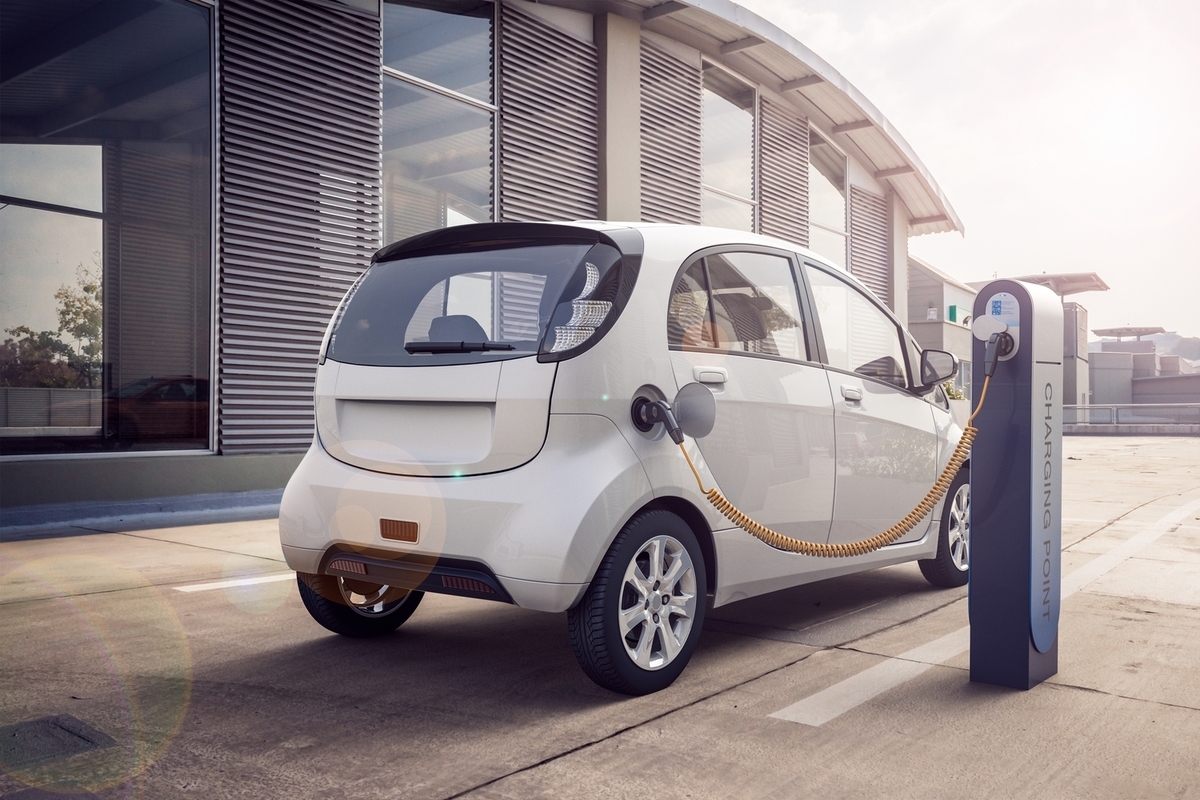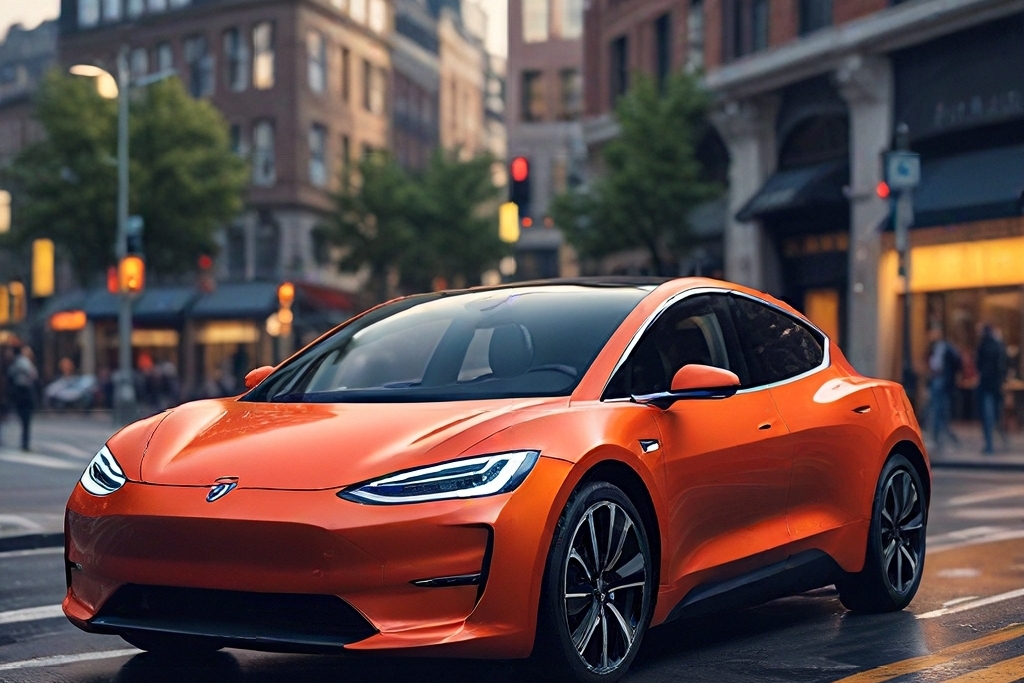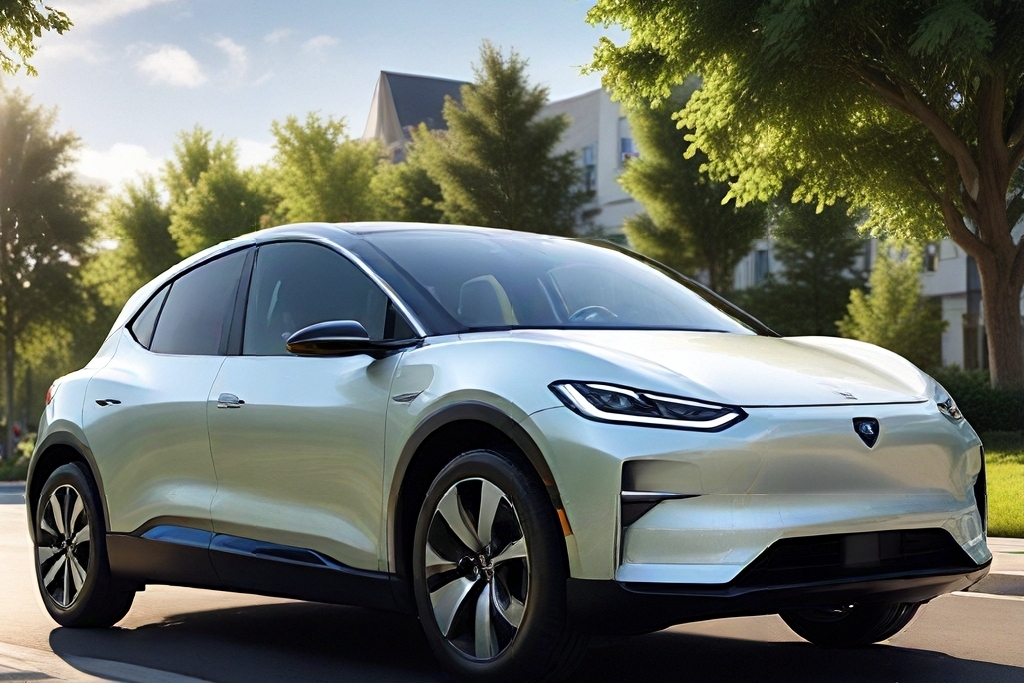Analyzing the Pricing of Electric Vehicles in Germany: A Comprehensive Guide
This guide explores the costs of buying new electric vehicles in Germany, highlighting government incentives, total ownership expenses, and model options across various price points. It emphasizes the long-term savings and environmental benefits of EVs, making them a practical choice for consumers seeking sustainable mobility. Analyzing market trends and incentives, the article helps buyers make informed decisions that combine economic and ecological advantages in Germany's flourishing EV market.

Analyzing the Pricing of Electric Vehicles in Germany: A Comprehensive Guide
Germany, a leader in Europe's automotive sector, is undergoing a transformation towards electric mobility. Driven by environmental goals, government support, and technological progress, the EV market is expanding swiftly. This article explores the costs involved in purchasing new electric cars in Germany, including government incentives, ownership expenses, and model comparisons across different price segments.
Market Development
Driven by strict EU eco-policies and national commitments to cut emissions, Germany’s electric vehicle market is growing. By 2023, it ranks among Europe's top countries for EV registrations, reflecting rising consumer interest.
Numerous global automakers are offering diverse electric models, from affordable options to luxury EVs, catering to different budgets and preferences.
Entry-Level Electric Vehicles in Germany
1. Volkswagen ID.3: Around €30,000. Designed for the mass market, the ID.3 blends affordability, cutting-edge tech, and a decent range, ideal for first-time EV buyers.
2. Renault Zoe: About €27,000. Compact and city-friendly, the Zoe is favored for urban driving and efficiency.
Mid-Range Models
1. Tesla Model 3: Starting at €45,000. Known for its impressive range, autopilot features, and performance, it’s a popular choice in this segment.
2. Hyundai Kona Electric: From €35,000. Offering a practical balance of range and performance, it suits varied driving needs.
Luxury Electric Vehicles
1. Audi e-Tron: From €70,000. This model epitomizes luxury, performance, and advanced tech features.
2. Mercedes-Benz EQC: Approximately €68,000. Merging luxury with innovative EV tech, it appeals to high-end buyers.
Government incentives play a significant role in reducing EV costs. The German government provides an Environmental Bonus (Umweltbonus), which as of now offers:
– Up to €9,000 for pure BEVs.
– Up to €6,750 for plug-in hybrids (PHEVs).
These subsidies, shared between the government and manufacturers, considerably lower upfront costs. Additional benefits include lower company car taxes, encouraging both personal and corporate EV purchases.Total Cost of Ownership (TCO)
Understanding the full expenses of owning an EV is key. TCO covers costs such as:
1. Charging Expenses
Charging costs depend on electricity prices, station types, and vehicle efficiency. In Germany, charging at home costs roughly €0.30 per kWh, making it economical compared to fossil fuels.
2. Maintenance
EV maintenance typically incurs lower costs due to fewer mechanical parts. Regular checks include tire rotations, brake system assessments, and battery evaluations.
3. Insurance
Insurance premiums can vary, but many insurers offer discounts for EVs due to their safety and environmental benefits.
4. Depreciation
EV depreciation rates are initially higher but are stabilizing with improved battery tech and market acceptance, influencing resale values over time.
The German EV market offers a broad selection tailored to different budgets and needs. Government incentives reduce purchase barriers, and considering total ownership costs often reveals long-term savings compared to conventional vehicles. Investing in an electric vehicle supports sustainability while making financial sense in the long run.
In conclusion, purchasing an EV in Germany is both environmentally responsible and economically advantageous, especially with ongoing rebates and lower operating expenses.










